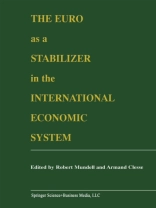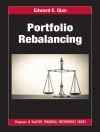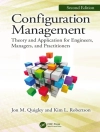The introduction of the euro was an important event for the world economy and the international political system. For the first time in history, a substantial group of European countries-eleven of the fifteen members of the European Union including three members of the G-7-have voluntarily agreed to replace their national currencies with a single currency. The euro area has already become established as the second largest currency area in the world and will therefore become a major player in the international monetary system. The creation of the euro poses a number of interesting questions. Will the euro be a strong or a weak currency? Will the euro challenge the leading position hitherto held by the United States dollar and would sharing of the burdens and advantages of reserve currency status improve or worsen the stability of the international monetary system? How will the euro affect US relations with Europe? Does the formation of the euro intensify European integration in other fields? Is a bi-polar international monetary system viable? These and other issues motivated the Luxembourg Institute for European and International Studies and the Pierre Werner Foundation to organize an international conference in Luxembourg on December 3-4, 1998, on the eve of the birth of the euro. At the outset we were aware that the issue of the euro went far beyond pure economics. Money, after all, is too important a subject to be left to economists.
Armand Clesse & Robert A. Mundell
Euro as a Stabilizer in the International Economic System [PDF ebook]
Euro as a Stabilizer in the International Economic System [PDF ebook]
Koop dit e-boek en ontvang er nog 1 GRATIS!
Taal Engels ● Formaat PDF ● ISBN 9781461544579 ● Editor Armand Clesse & Robert A. Mundell ● Uitgeverij Springer US ● Gepubliceerd 2012 ● Downloadbare 3 keer ● Valuta EUR ● ID 4694619 ● Kopieerbeveiliging Adobe DRM
Vereist een DRM-compatibele e-boeklezer












